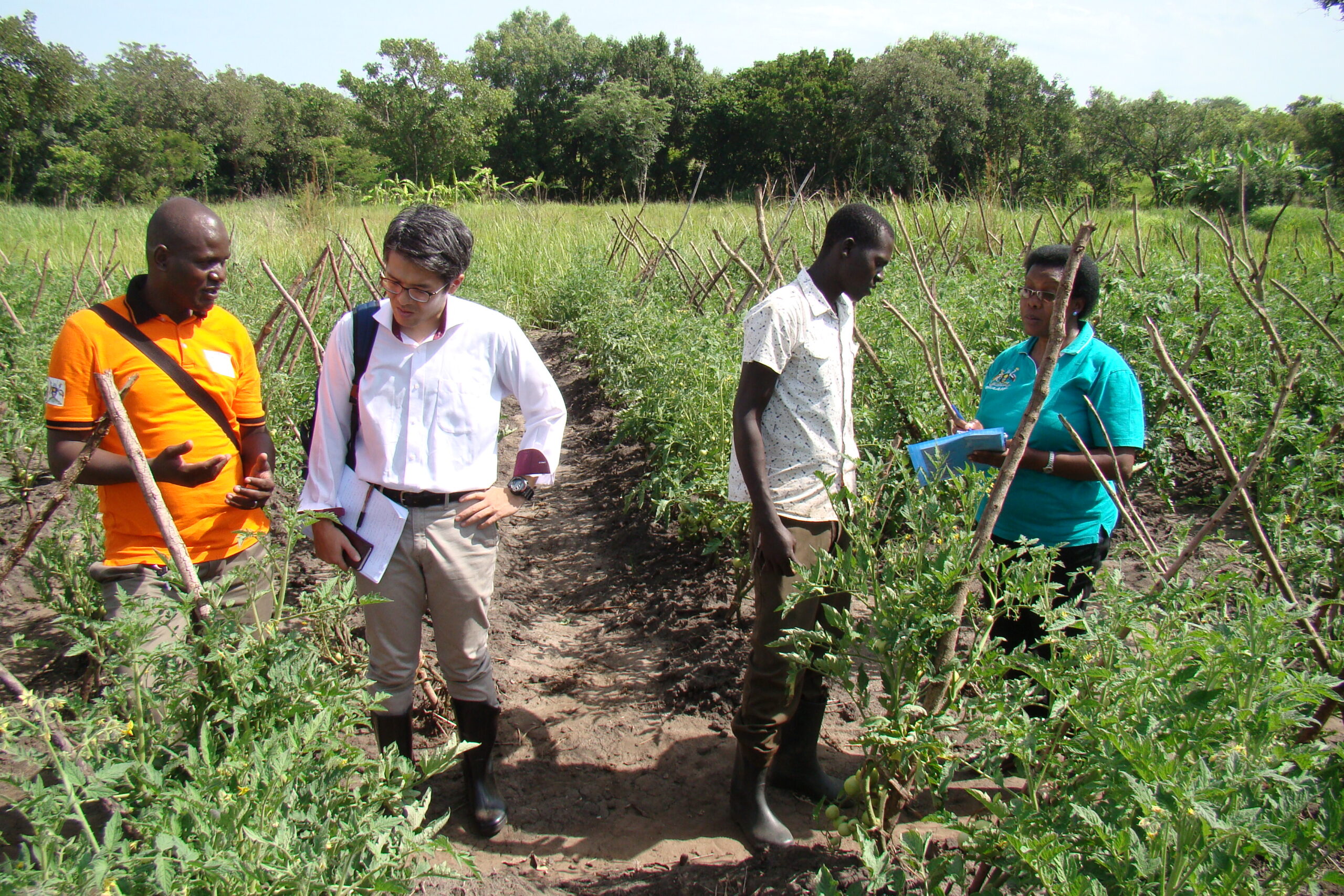PADER– The shortage of agricultural extension workers in Pader district is becoming a big concern as farmers are not getting adequate services, which in the end affects farm output.
Pader district has 13, sub-counties and their major source of livelihood is farming and animal keeping.
Out of the 23, extension workers the district is meant to have, they only have 11, something that is affecting service delivery to the farmers.
According to the Pader District Agricultural Officer [DAO], Seydo Opoka, the extension workers in the field are very few, adding that they at times have to give advice through phone calls, yet in the actual sense they should be on the ground with the farmers.
“Imagine one extension worker handling between two to three sub-counties. It is tedious and that is why at times we find ourselves in such a dilemma,’’ he said.
“We have reached out to the office of the Chief Administrative Officer [CAO] so that more manpower is given and we hope for the best,” he added.
According to the Ministry of Agriculture, key activities in extension service delivery for the frontline extension workers are to; mobilize and register farmers into production and marketing groups, assess their needs, and design appropriate training sessions so that they can benefit from agricultural extension services.
The other role is to train farmers in technical and group dynamics and leadership skills for improved production and productivity of crops, livestock, and fisheries for example the control of soil erosion and conserve soil and water to mitigate effects of climate change; on proper nutrition.
The extension workers are also supposed to demonstrate land preparation, planting, management of crops [fertilizer application, pruning, mulching], proper animal management, post-harvest handling, value addition, and marketing, and facilitate partnerships and linkages to other actors along the value chain, for example, input dealers and traders, processors and financial institutions.
Further, they are supposed to advise farmers on how to harvest water for livestock and crop production by digging ponds and demonstrating simple irrigation technologies which are appropriate to smallholder farmers, conduct exchange visits and study tours for farmers to learn from other farmers who have excelled in certain technologies or enterprises and attend district level activities in agriculture and cross-cutting issues organized by the Production Department or other collaborating organisations.
Buy your copy of thecooperator magazine from one of our country- wide vending points or an e-copy on emag.thecooperator.news
